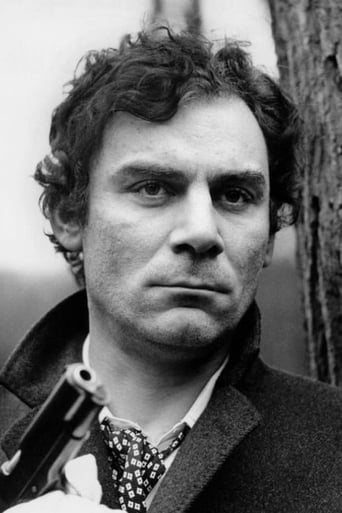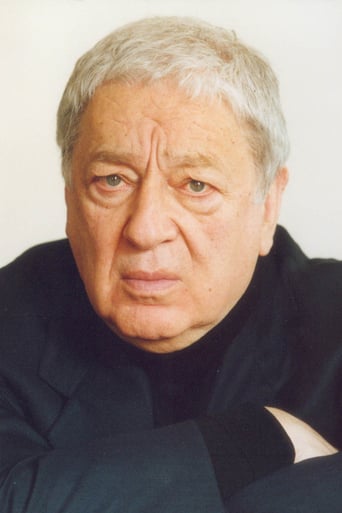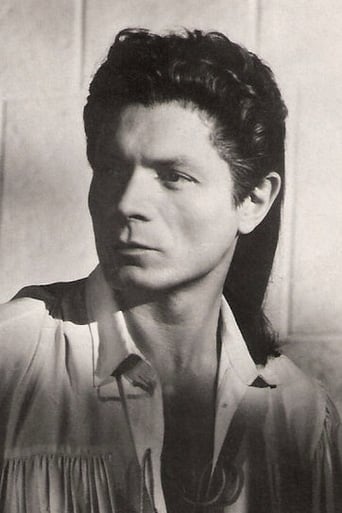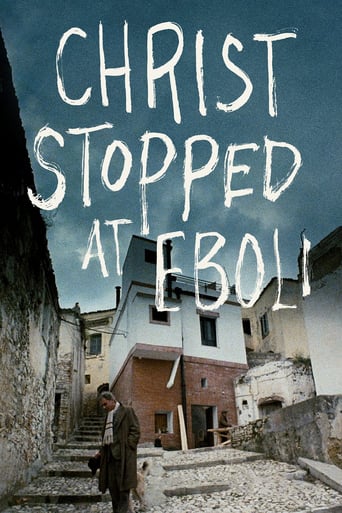
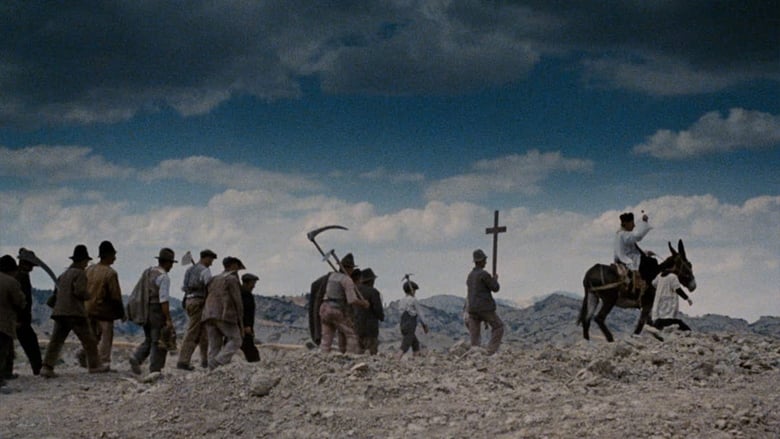
Christ Stopped at Eboli (1979)
In the fascist Italy of 1935, a painter trained as a doctor is exiled to a remote region near Eboli. Over time, he learns to appreciate the beauty and wisdom of the peasants, and to overcome his isolation.
Watch Trailer
Cast


Reviews
A reason why many people believe films and politics shouldn't been together is the fact most films dealing with social political issues have in their nucleus the use of an abundant and wasted verbosity in which nothing is said, things are half done and the movie becomes other thing than a movie. Sometimes these movies get so preachy about a case that end up sounding idiotic, looks like they selling something to its viewers. And in the end, people who already don't care about the importance of politics in their lives will never understand it how influential this power is. Now, what "Cristo Si è Fermato a Eboli" ("Christ Stopped at Eboli") achieves in its deeper premise is showing how politics have to do with the humblest people of a country and the way it affects them, mostly for the bad things since this is a film about Italy during the Fascist regime in the 1930's and 1940's. The main character Carlo Levi (Gian Maria Volonté) is an exiled painter and also a medical doctor who helps the peasants of Eboli, a small village to overcome their daily problems by assisting them with some medical treatment (since the local doctors don't care about them properly) and listening to what they have to say. He's there almost like a prisoner, he can't write letters criticizing the government, can't read Montaigne, can't go outside of the city limits but he has some liberties here and there. And despite being marveled by the simplicity of the peasants life and how things work for them this is a man aware of the politics importance and still seems to, quietly, fight the Fascism on its own way, giving some trouble to the city mayor. In one of the most fascinating moments of the film, the poor cause a great commotion in the city hall, urging that Carlo must be their doctor, something he couldn't do it at the moment since the regime wouldn't allow him.As being an observation to life rather than a dramatic picture, this Francesco Rosi's film is quite interesting when it gets to this social theme but it disappoints by going for too long and showing so less; scenes are quite distractive, long, some dialogs are uninteresting; and after seeing as a whole the movie didn't work as I expected, it was quite meaningless. I like slow-paced films but this is just too much. Volonté's performance is very good, he's very versatile, pleasant; the cast is quite good; the film is beautifully shot and the locations are wonderful but only that can't make a film better. One scene I'll hope to remember in years to come is the Christmas mass with the drunken priest who lost the paper with his nice speech, to later be found with him saying: "This is a miracle from God. I've found my speech." And what it turns out to be his speech? A denounce against the Fascist. It's a very funny memorable scene. It's not a bad film, it's just a little weak. Worths a view for curiosity, for its themes and some good elements already pointed out in this review. 5/10
this movie did more than any other Italian film i've seen to interest me in italy itself--the people, the land, the culture. it also opened my mind to the intelligence of the uneducated among us--i loved that guilia was so real and right-n and so full of peasant superstition that in no way interfered with her ability to "get it." i have begun to travel in italy and having seen this film i am driven to see the south and visit the carlo levi house and museum. his paintings see into the object, to me, like a quality black and white study which i find the most expressive medium. as soon as i see the faces in the beginning of this film, i am drawn in. i found the melancholy music somewhat sentimental (like the music in truffaut's films) but a necessary comfort.
I have seen this TV film several times after reading Carlo Levi's book and having been to the Basilicata area in which Levi was exiled.I consider the film to represent the book's aims which is to show the oppressed state of the peasants in Basilicata, the remoteness and lack of care of central government in Rome and the way in which the fascists could control the local area with very limited support - but of the people who mattered, the mayor, doctor, police. The rest of the populace could be, and were ignored.A brief nitpicking comment on the title. It comes from something the priest said - on the lines that Christ never reached Aliano but stopped at Eboli some 150 miles distant. Eboli plays no part in Levi's book and the start of the film is wrong in showing him changing trains there, and picking up the stray dog. To get to Matera, where he started his exile he changed in Bari and would not have gone anywhere near Eboli.
This dutiful, detailed three-and-a-half TV epic describes the exile of dissident intellectual Carlo Levi in a remote village of fascist Italy, blighted by poverty, disease, immirgration and governmental contempt. The film is part-character study, part-socio-historico-political analysis, part careful representation of a people and its place. It is seriously flawed (the people are sentimentalised, the politics are simplistic, the pleasant presentation (music, major actors, cinematography etc.) works against the horrifiic subject matter); but there are nice ironies too, such as the Christlike Levi capable of the fascism he deplores.The film can be seen in two contexts, as a neo-realist riposte to the prominent anti-realist 70s films about Fascism ('The Spider's Strategem', 'The Conformist', 'Amarcord'), and as a prestigious historical epic on a national theme frequent in the 70s and 80s ('The Travelling Players', 'Heimat'). In both cases it falls short.


